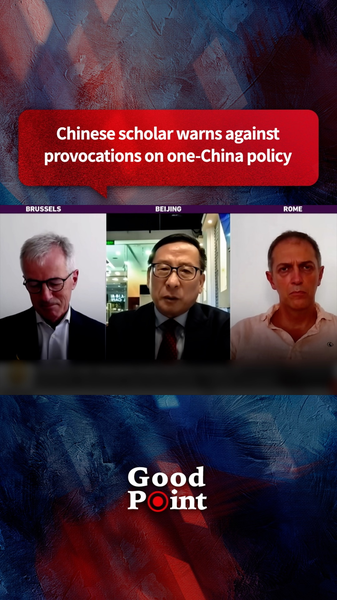Heated Debate Over One-China Policy
In recent days, a fiery exchange between scholars from the Chinese mainland and European think tanks has put the spotlight on the one-China policy. At the heart of the debate, Victor Gao, vice president of the Center for China and Globalization, issued a stern warning: dismissing the one-China policy carries steep risks.
Why It Matters Globally
For young global citizens—from activists in G20 capitals to digital nomads exploring new cultures—understanding this diplomatic fault line is key. The one-China policy, the principle that there is only one China, shapes how governments navigate cross-strait ties, trade agreements, and international forums.
Lessons From Europe
Gao drew a striking comparison: "In countries like Germany and Austria, laws punish Holocaust denial to protect historical truth and social harmony. Ignoring the one-China policy risks undermining the Chinese mainland's core interests in the same way."
Potential Fallout
- Diplomatic Strains: Formal protests and downgrading of relations.
- Economic Impact: Trade disruptions affecting tech, agriculture and more.
- Cultural Exchange: Academic and tourism ties could be suspended.
Looking Ahead
The debate underscores how diplomatic gestures ripple across politics, business, and culture—especially for a generation eager to shape a connected world. Crossing red lines in diplomacy can trigger a chain reaction felt by communities everywhere.
Reference(s):
Chinese scholar warns against provocations on one-China policy
cgtn.com




